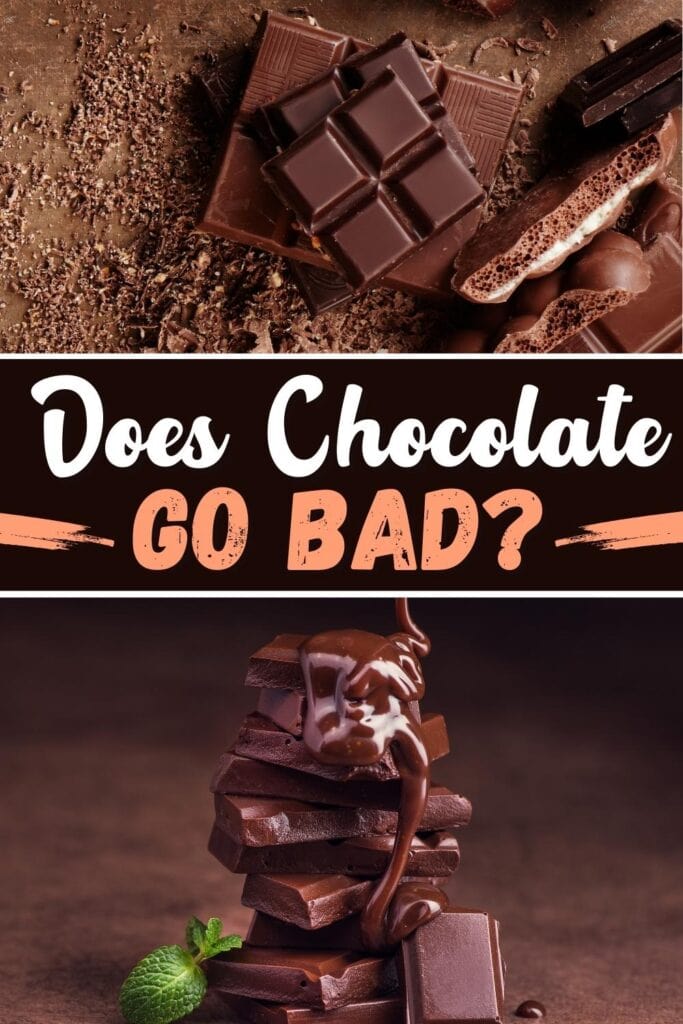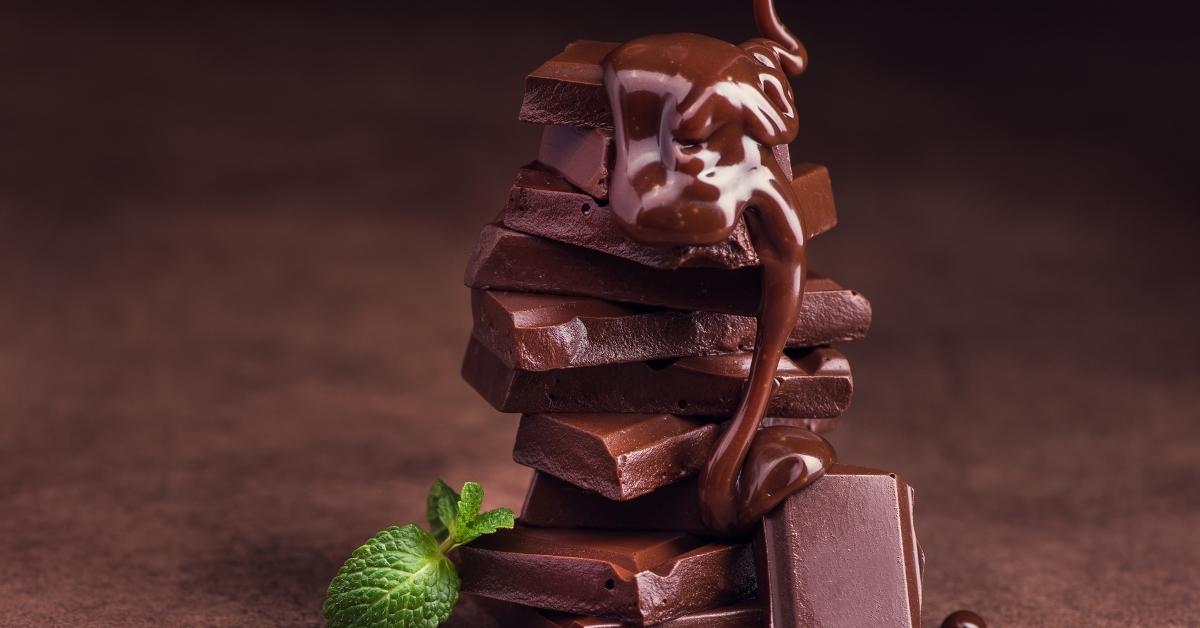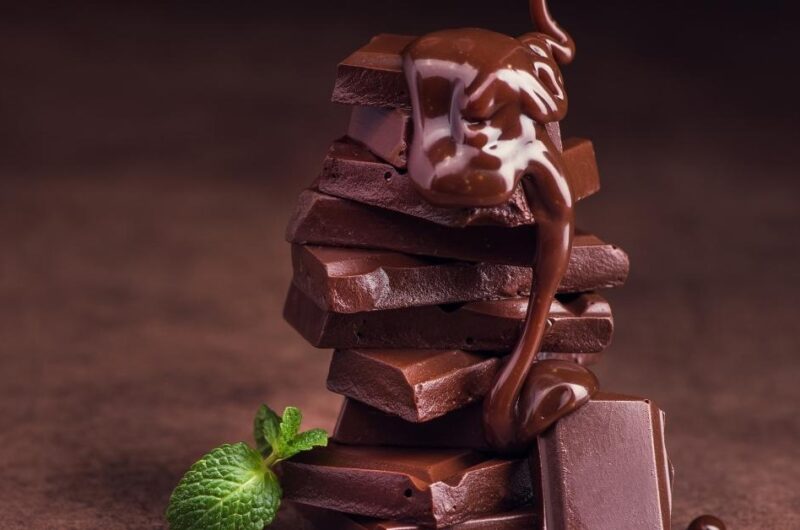My sweet tooth doesn’t allow chocolate to stick around for too long. But for those of you with willpower, it’s not uncommon to wonder: does chocolate go bad?
I mean, we’ve all seen those bars of chocolate with a funny white coating, right? So, is it mold, or something else?
Chocolate can go bad under the right circumstances – if left open in a humid place. However, most chocolates have long shelf lives and can stay relatively fresh for years. Sometimes, you’ll see a white coating on the surface. This “chocolate bloom” is harmless but can affect the taste and texture.

Chocolate with a lot of dairy (like white or milk chocolate) goes bad more quickly than dark chocolate.
And imitation chocolate – like candy melts – will go bad long before real chocolate does.
But how do you know if your chocolate is still okay to eat? You read this post, of course!
Check out these tips on to tell if your chocolate is still good. That way, you’ll never have to worry about those chocolate chip cookies!
How Long Does Chocolate Last?
Not all chocolate is created equal. Some types last forever in the pantry, while others may only last a few months.
That said, real chocolate has a long shelf life and should last quite a while.
Since bacteria cannot live in chocolate (it’s hygroscopic), there are no “use-by” dates.
However, there are “best-by” dates, which tell you when it’s at its best to eat.
Chocolate will last years if left unopened in a cool, dry place. However, it deteriorates once opened. Dark chocolate lasts the longest and will be fresh after two years in the pantry. Chocolates with more dairy, like milk and white, have shorter life spans (one year and six months, respectively).
So, the more dairy your chocolate has the shorter its shelf life span.
While white chocolate doesn’t last very long, you can keep cocoa powder around forever (almost).
Let’s go over each different type of chocolate and dive into more details.
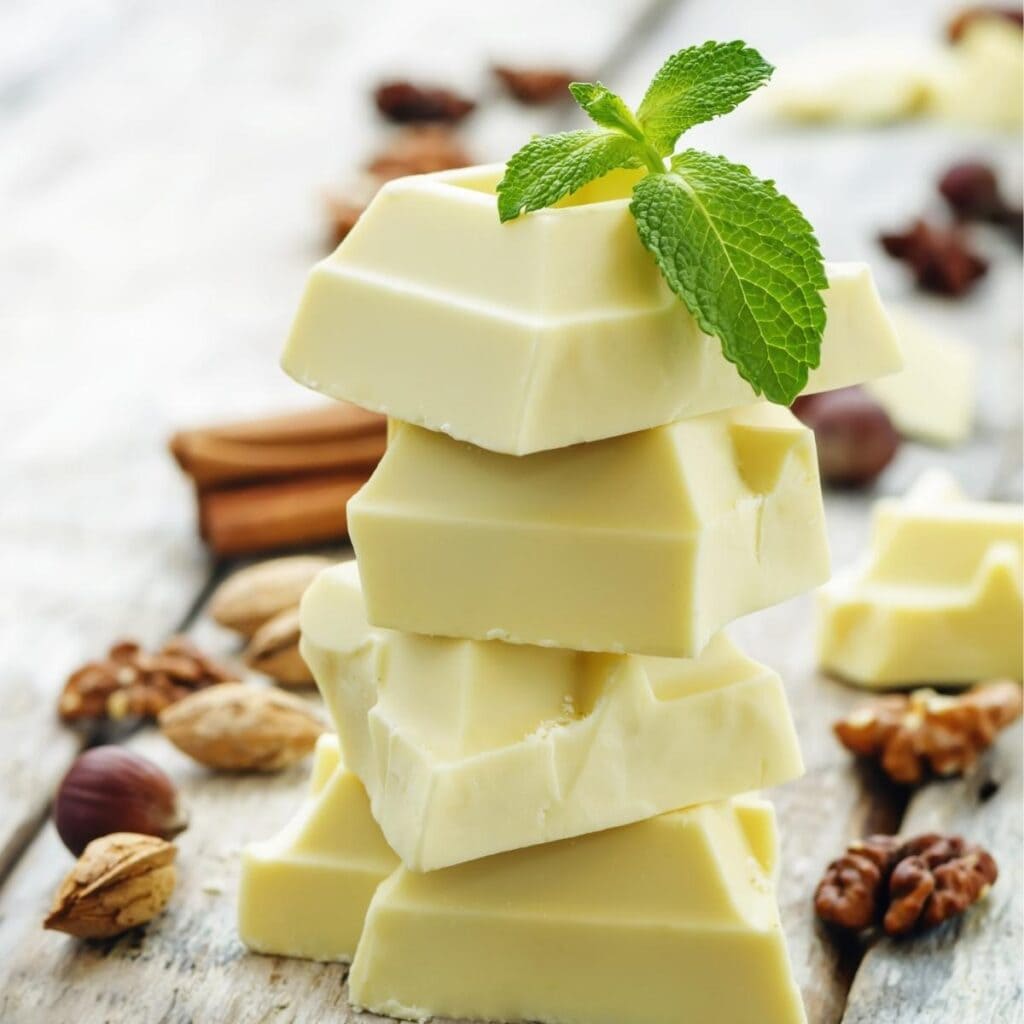
White Chocolate
Did you know that white chocolate doesn’t actually contain chocolate?
Instead, it’s a mixture of cocoa butter and sugar, making its shelf life is pretty short.
Unopened, it lasts six months in your pantry and only four months once opened.
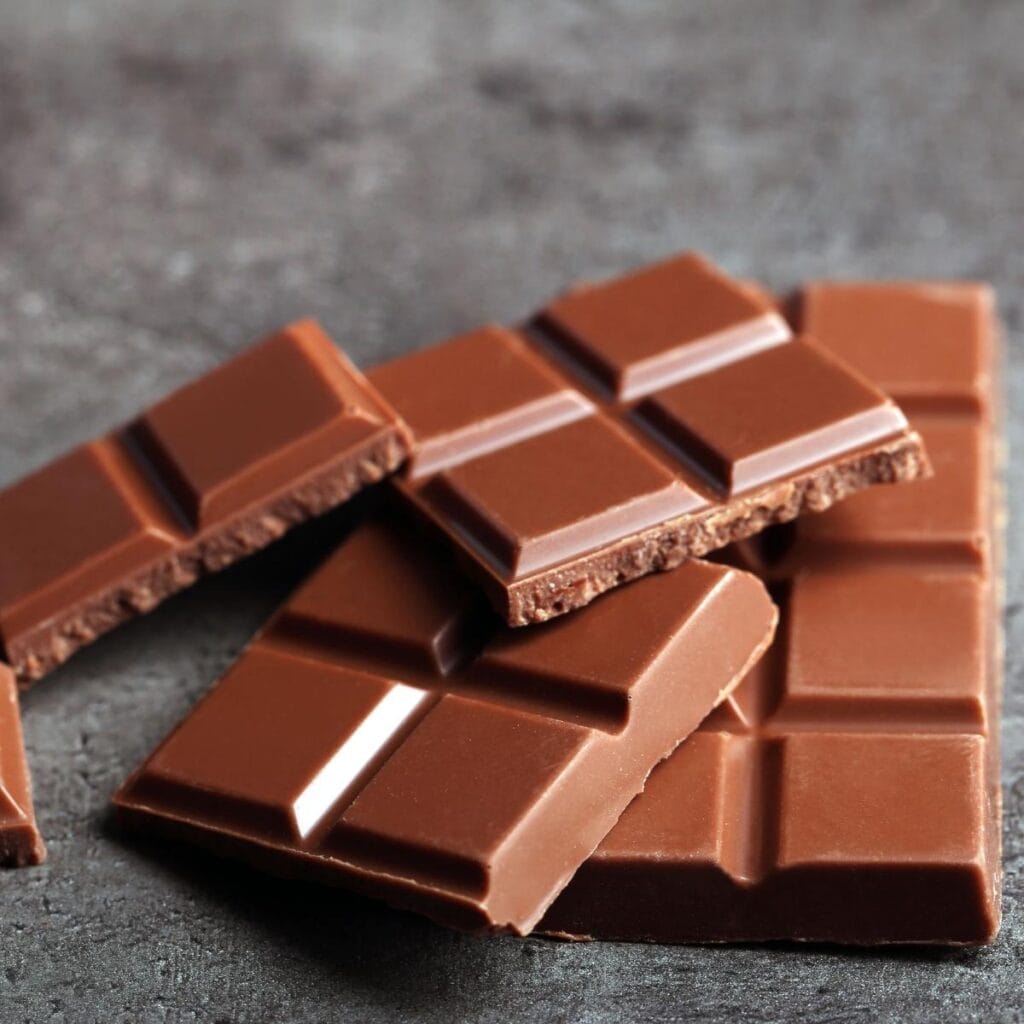
Milk Chocolate
Whether it’s milk chocolate chips, a few bars for s’mores, or Halloween candy, milk chocolate is surprisingly hardy.
If unopened, it retains its freshness for up to one year and around eight to ten months if opened.
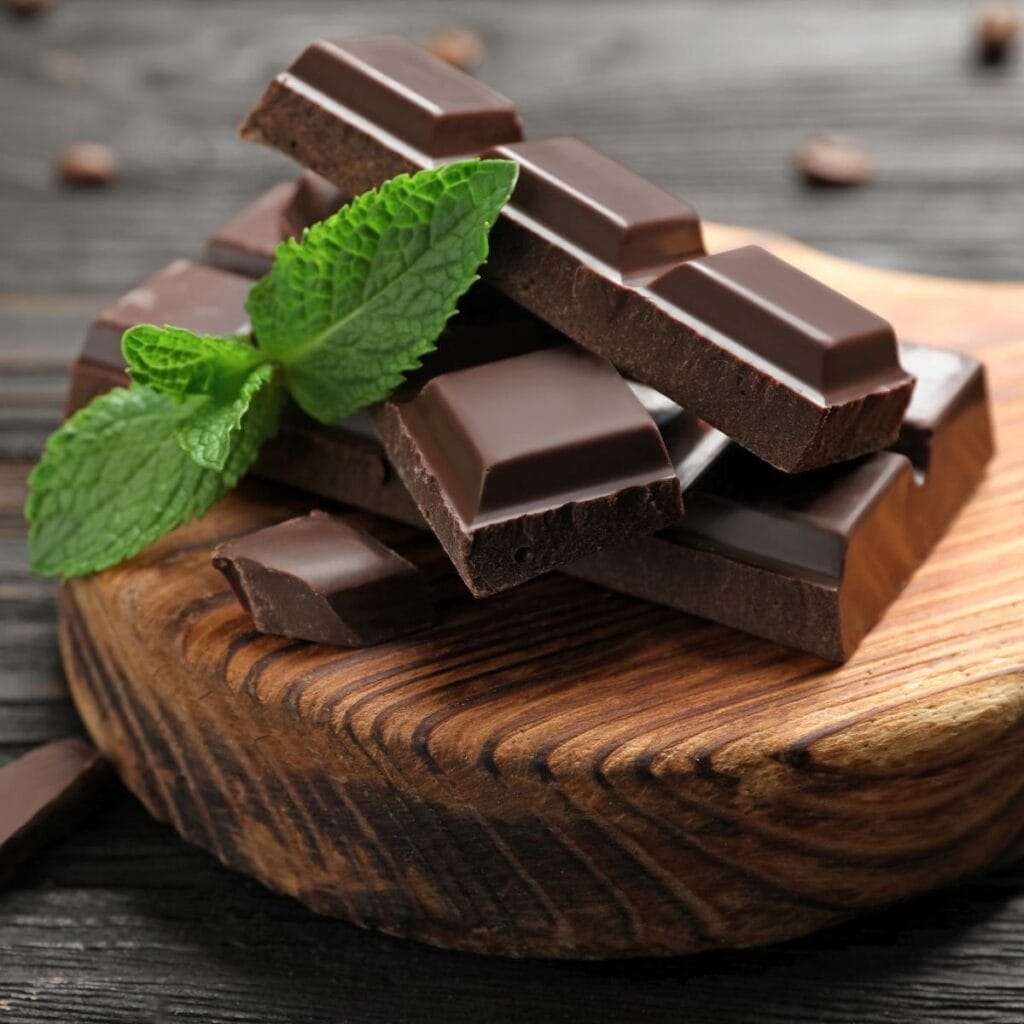
Dark Chocolate
Since dark chocolate doesn’t have a lot of dairy, it lasts a lot longer than any other type.
Unopened, dark chocolate will last up to two years in the pantry, and opened dark chocolate lasts around a year.
If it’s the type of dark chocolate that doesn’t contain any dairy, you can safely use it even after two years.
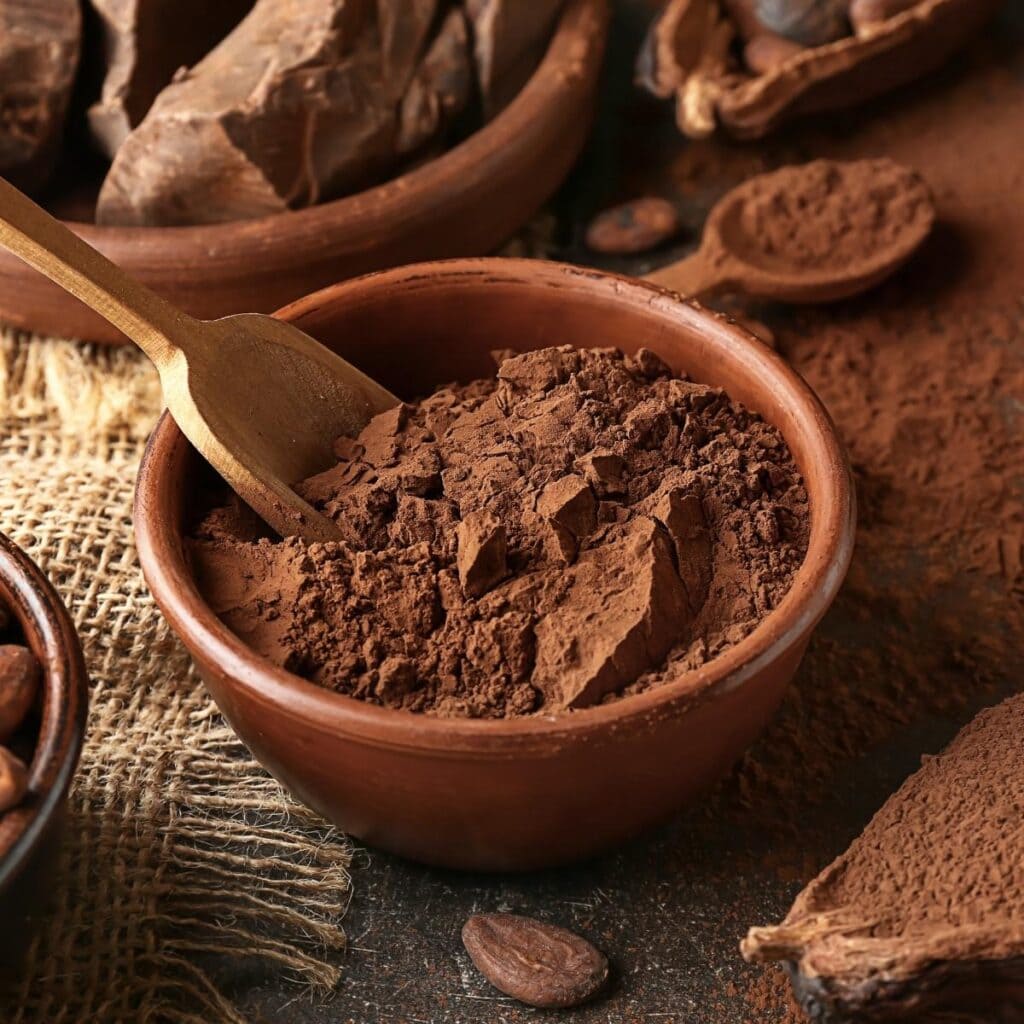
Cocoa Powder
Cocoa powder will never go bad, but it will lose its potency.
Think of cocoa powder like the spices in your spice rack. Once it’s past the “best by” date, it’s still safe to eat, it just won’t be as effective.
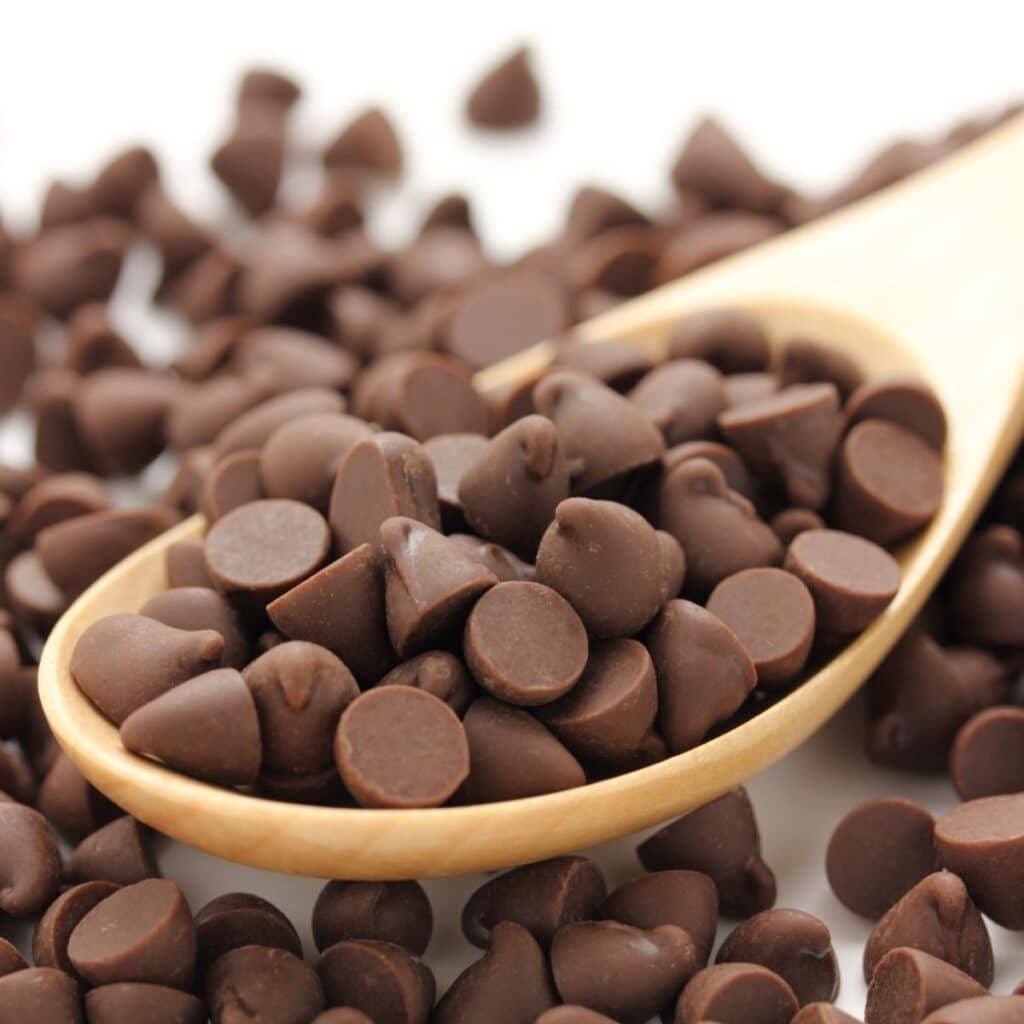
Chocolate Chips
Chocolate chips have a surprisingly short life span. An unopened bag in the pantry is good for only two to four months.
If you want to squeeze a little extra life out of them, store them in the freezer. Frozen chocolate chips maintain freshness for up eight months.
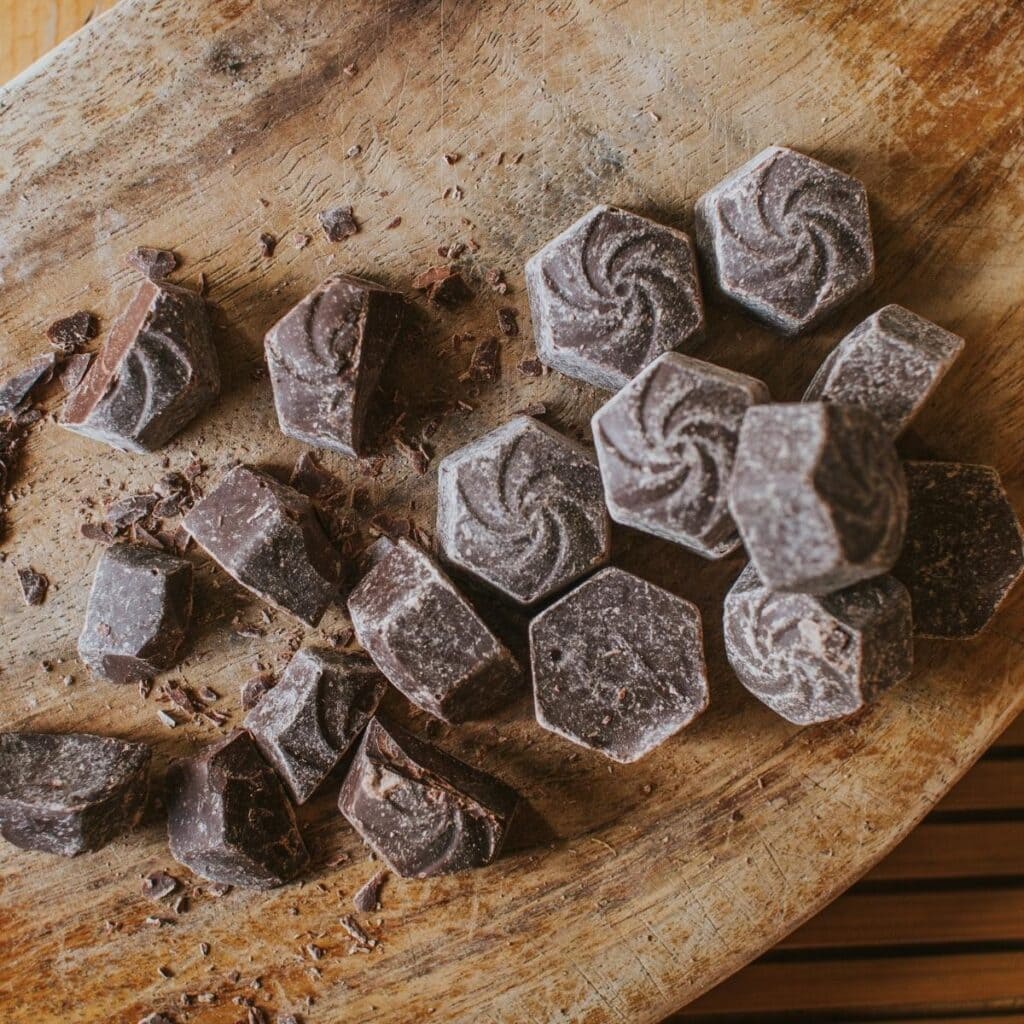
Semi-sweet Chocolate
Baking chocolate or semi-sweet chocolate has the least amount of dairy, which translates to the most extended shelf life.
When stored correctly – in a cool, dry place – this type of chocolate can easily last two years in the pantry, if not longer.
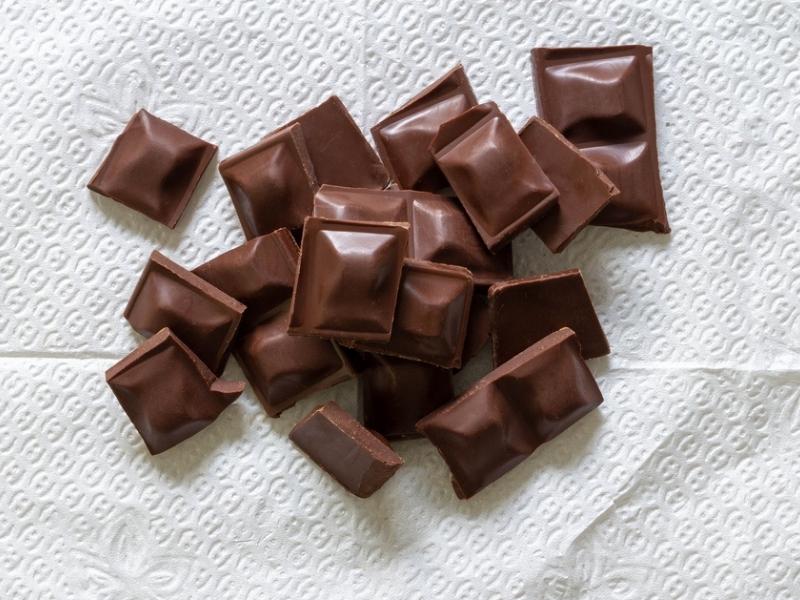
Does Chocolate Go Bad?
Chocolate can go bad, but it’s unlikely to make you sick. The worst you’ll experience is a terrible taste or strange texture. But in general, chocolate can last a decade or longer if it’s unopened. On the other hand, if it’s been opened and left in a humid place, it’s more likely to go bad.
There are plenty of warning signs that your chocolate is going bad. It doesn’t just happen overnight.
First, you’ll usually see a white coating on the surface. As mentioned, this is known as “chocolate bloom.”
Blooms happen when the sugar or fat structures become less stable and rise to the surface. It can happen if you leave a chocolate bar in a hot car and then pop it in the fridge to solidify.
If you notice blooms on your chocolate, it’s still perfectly safe to eat, but the texture won’t be as decedent and creamy.
In contrast, bad chocolate has a sour taste. And while baking with it won’t make you sick, it’ll ruin a batch of brownies!
If you’re unsure about that expired chocolate, give it the good old-fashioned taste test. If it tastes good, it’ll taste good in your cookies.
I often taste-test chocolate from the store because, you know, it’s chocolate!
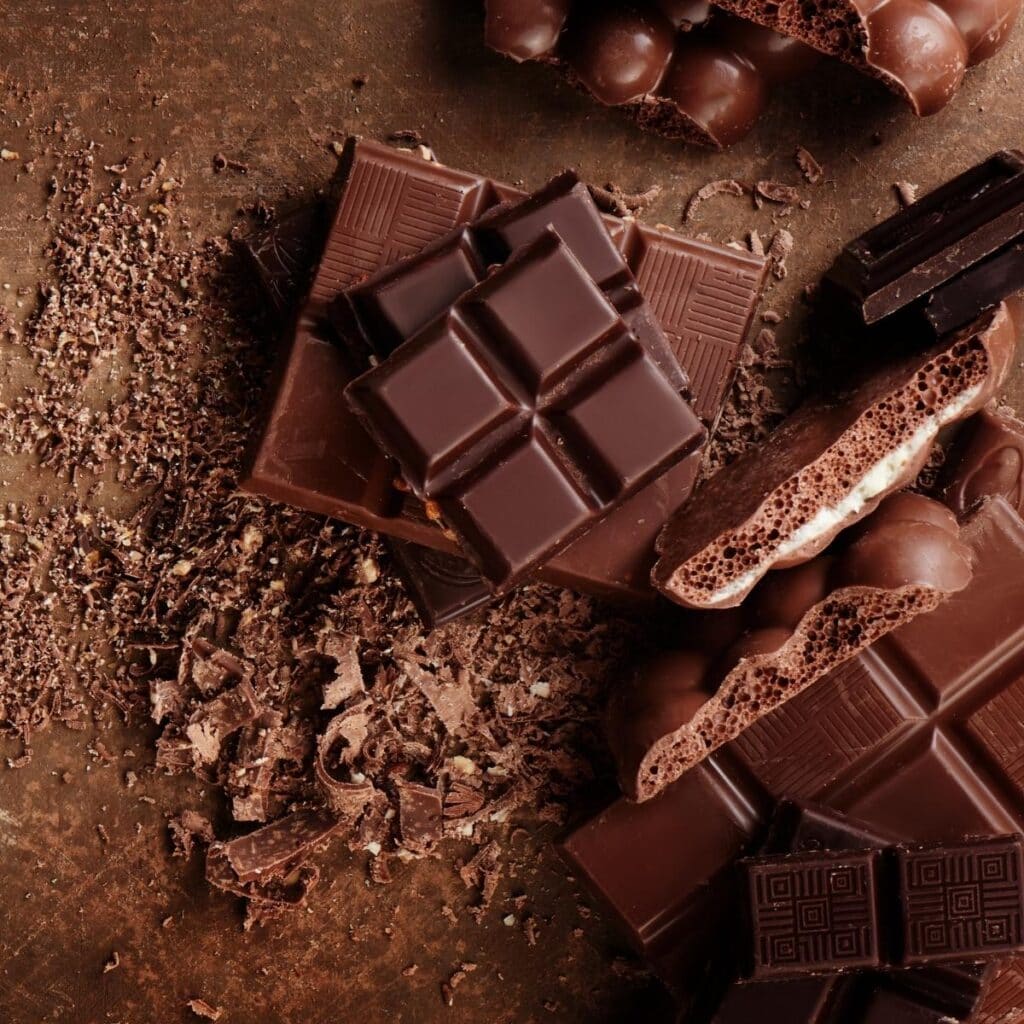
How to Store Chocolate
There are two things to remember when storing chocolate: temperature and moisture.
When leaving a temperature controlled factory, most chocolate is at peak freshness. But manufacturers cannot guarantee how the chocolate is stored during transport or when it reaches stores.
For example, a store could leave a box of chocolate bars out in the heat for an hour before bringing them inside. That alone could cause the bars to bloom.
So, try to store chocolate like you would spices: it needs a cool, dry, humidity-free location to maintain peak freshness.
When unopened, a dark place in your pantry is an ideal spot.
Also, that foil around your chocolate bar isn’t just for decoration- it serves a purpose.
Foil or other moisture-containing materials prevent chocolate from absorbing other odors and keep it fresher longer.
With that in mind, you’ll want to store opened chocolate in its original packaging and an airtight container or bag.
You can also pop it into the freezer, but frozen chocolate is more likely to create fat or sugar blooms that affect the texture.
So, slowly adjust the temperature if you want to store chocolate in the freezer by placing it in the fridge overnight. Then pop it in the freezer.
When you want to thaw it, pop it back in the refrigerator to soften, preventing that white crust from forming on the surface.
More Common Kitchen Questions To Check Out
Does Kahlua Go Bad?
Does Mustard Need to be Refrigerated?
Does Baking Powder Go Bad?
How Long Does Mayonnaise Last?
